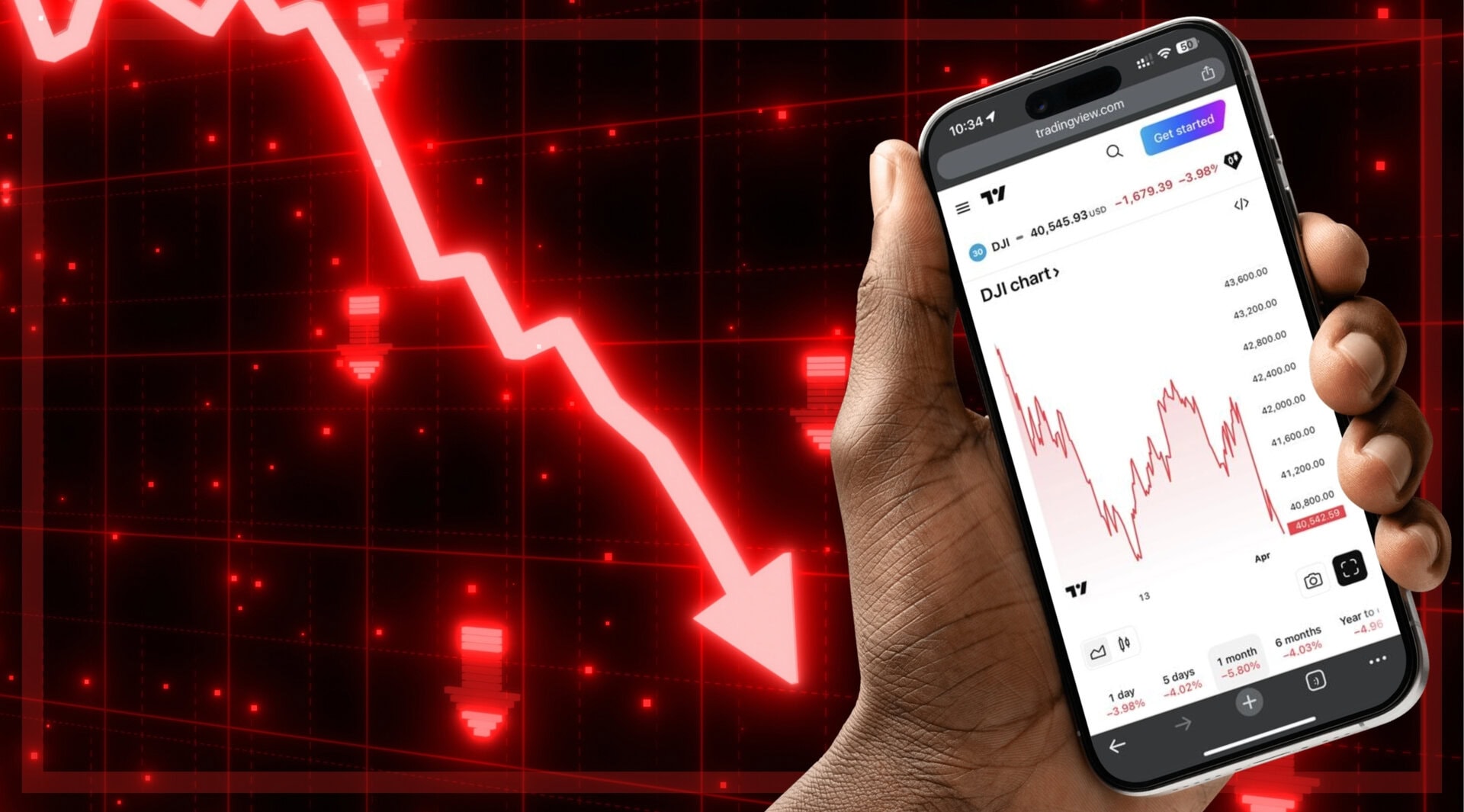In June this year, Mexico elected the leftist Claudia Sheinbaum to be the country’s new president.
This immediately caused considerable concern among foreign investors as during the election, Sheinbaum pledged to pass constitutional reforms which would raise the minimum wage above inflation. She also promised to expand welfare payments and pledged broadly to continue the controversial plans announced by her similarly left-wing predecessor, Andres Manuel Lopez Obrador (known as AMLO), who raised eyebrows in many quarters when he announced reforms of the Mexican judiciary.
AMLO introduced legislation making magistrates and judges chosen by popular vote, something he deems necessary to ensure they can be held democratically accountable for their decisions, but which many others fear is an attempt to erode the independence of the judiciary.
In the transition period between the elections in June and taking office earlier this week, Sheinbaum has largely stayed quiet about her plans for the Mexican economy, even as AMLO has used his final days as president to carry out a number of contentious acts – like expropriating land and a quarry from US construction firm Vulcan Materials – raising fears that she will simply continue where AMLO left off.
US construction firm Vulcan Materials said it planned to defend itself using all available legal avenues after Mexico declared land that contains a company-run limestone quarry and port on the Riviera Maya as a nature reserve https://t.co/hyST9Wk3fe pic.twitter.com/oVTN7qLamQ
— Reuters Legal (@ReutersLegal) September 24, 2024
Given this economic trajectory in Mexico, investors reacted nervously to Sheinbaum’s election. In the immediate aftermath of the results in June, hedge funds cut their not long positions on the Mexican peso by over 56,000 contracts, with asset managers similarly adjusting their bullish positions on the currency.
Edward Al-Hussainy, head of emerging market fixed income research at Columbia Threadneedle, told the FT at the time that “I don’t think the peso recovers […] the assumption that Sheinbaum is going to be softer and more business-friendly is not based on reality. She ran on a campaign that has given her a very, very aggressive mandate.”
“We were reducing our Mexican assets across credit and foreign exchange in the run-up to the election and we’ve been doing more of that since the election. The election has really weighed on the fiscal outlook for us,” he added.
Investors wary on Mexico following peso rout https://t.co/WRTHlWO61e
— FT Markets (@FTMarkets) June 22, 2024
International investors were hoping that Sheinbaum might use her inauguration address earlier to mark a departure from the AMLO era and chart a more reassuring course for foreign investors. However, she used the speech to heap praise on her predecessor and suggest that she remains committed to a similar platform. “Today, we say with certainty and without fear of being wrong – AMLO is one of the greats. The most important political leader and social fighter in modern history,” she said.
Sheinbaum also declared that she would continue to pursue AMLO’s policy of “Mexican Humanism.” While she also pledged to maintain the autonomy of the Bank of Mexico, implement responsible fiscal policies, and promote public and private investment, the overall tone of her speech meant that markets reacted nervously.
Indeed, the Mexican peso weakened even further and has now depreciated by 14% since the election, making it by far the worst performing currency in the world in that period. Analysts also noted that Mexican equities are set for a period of considerable volatility “as markets digest a mix of domestic economic data and the inauguration of Claudia Sheinbaum.”
There are some potential bright spots for the Mexican economy coming up, as the central bank suggests that interest rate cuts could be in the pipeline and gross fixed investment rises year-on-year. In her inauguration address, the new president also said directly “I say with complete clarity. Be assured that investments of national and foreign shareholders are safe in our country.” But will this be enough to assuage their concerns?
Author: Harry Clynch
#Mexico #Peso #AMLO #Credit #ForeignExchange















